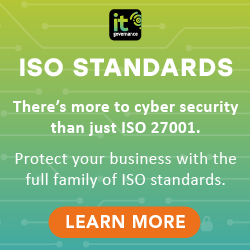Information Technology Infrastructure Library (ITIL) is a set of books that explains the utmost practices for service management. Today ITIL donates some of the best tested practices, which happen to be the framework for improving service value. These best practices are codified in books that can be procured from ITIL.
Certification is a vital component of service management, because certification implies a certain level of proficiency. The up to date version of ITIL certification Version 3 comprises of five foundation books illustrating the best practices for service management. They emphasize on service strategy, and design, service transition, and operation and continuous service improvement.
ITIL Version 2 (also known as v2), released in 2001, consists of seven core books that took a process centric approach to service management. The v2 stresses on improving processes such as service support, and delivery, security and infrastructure management.
Over the passage of time v2 needed revision, because the best practices revolutionized. Many ITIL projects focused on processes being developed in segregation, without focusing on services to be managed. Service management requires concentration on both services, and the service management process to attain the value that the business requires. Process should not be sighted as being new stand-alone set of requirement; they have to be analyzed in context of the overall business strategy.
ITIL certification Version 3 (v3) released in 2007 developed the prior versions, and provides a service-focused approach, with emphasis on amalgamation and producing value from assets. While the first version of ITIL focuses on managing systems, and v2 focuses on management process, v3 focuses on service and the activities that are occurring all through the service lifecycle, to fabricate the maximum value from all business and IT assets.
The primary shift between v2 and v3 makes it apparent, that if you linger until service delivery, thinking about managing service levels, you will be late. You need to commence planning for service levels during service design. V3 emphasizes the need for integrating all – processes, services, people, tools and information – and the need for association among different parts of IT. Many of the processes and best practices from v2 are still pertinent and are covered in v3, but ITIL certification has matured, and the best practices of v2 are given a strategic enterprise viewing v3. Also the association between IT and business is clearly defined in V3.


